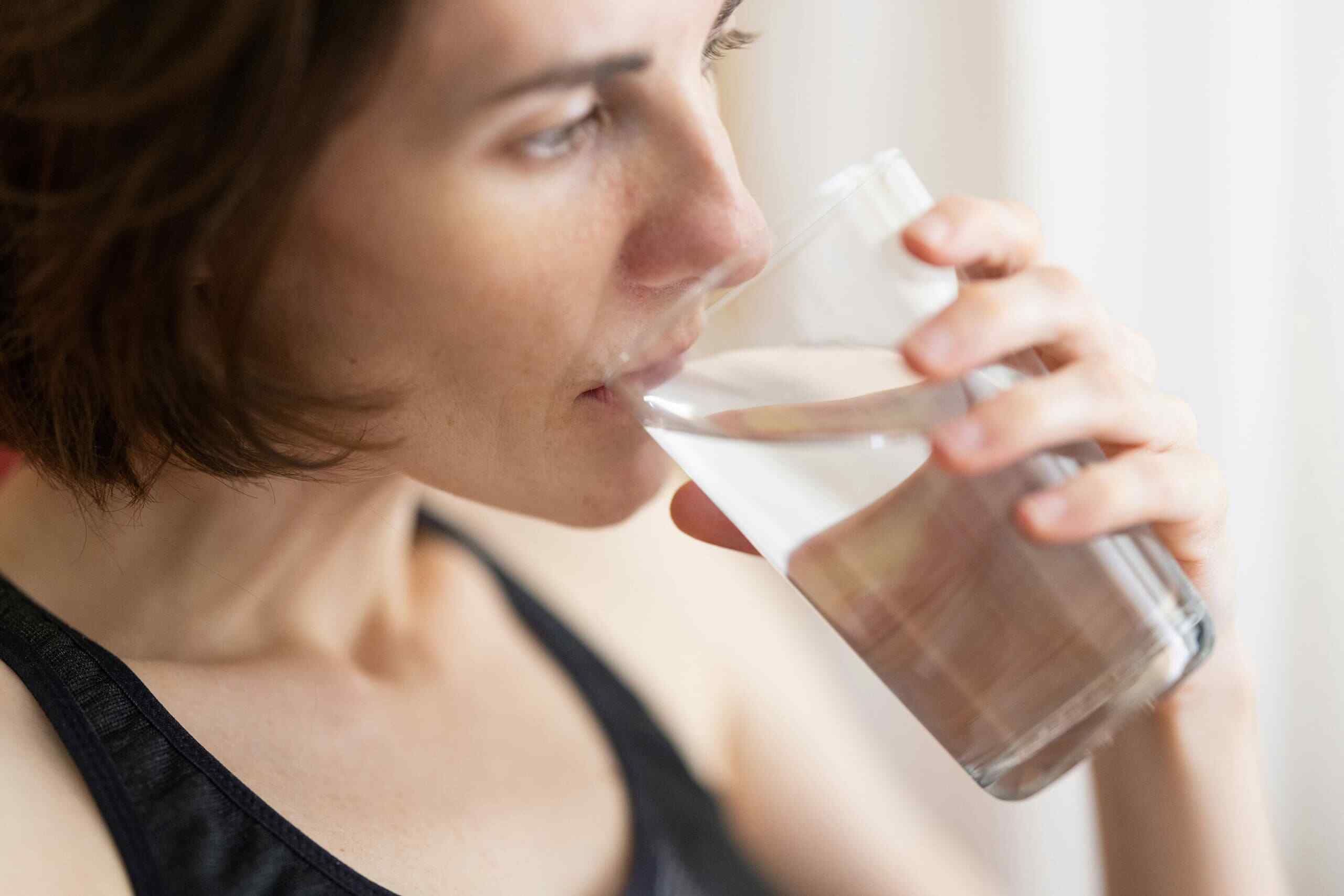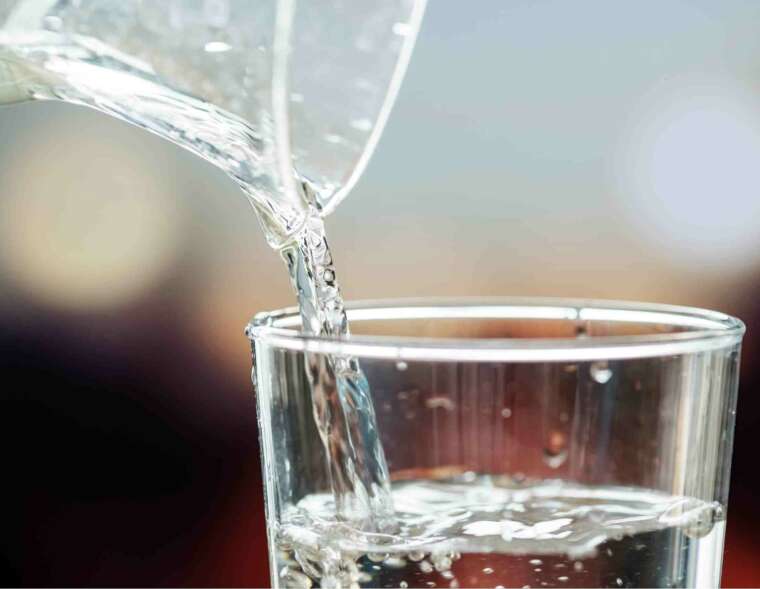Staying hydrated is crucial for your health and well-being, but what happens when the water you rely on every day is contaminated with harmful chemicals like PFAS? This has become a concern for many households, as PFAS (per- and polyfluoroalkyl substances) are commonly found in various consumer products and have been detected in drinking water. If you’re worried about the presence of PFAS in your drinking water, it is time to contact a water treatment expert.
A professional will be able to provide accurate testing, household or commercial water purification, and personalized advice so that you can feel confident that your water is safe to drink. Becoming educated and aware of what PFAS are, their effects, and how to remove them from your drinking water are the first steps in protecting the health of you and your loved ones from the dangers of PFAS contamination.
What Are PFAS (Per and Polyfluoroalkyl Substances)
PFAS are synthetic chemicals that include PFOA, PFOS, GenX, and many others. Thanks to their unique properties, these chemicals are resistant to several substances such as water, oil, and heat. This leads to their widespread use in non-stick cookware, firefighting foams, water-repellent fabrics, and other industry consumer products. The chemical structure of PFAS is so persistent in the environment, that they have earned the nickname “forever chemicals.”
What is PFAS in Drinking Water?
When PFAS come in contact with a water source, they contaminate it with harmful chemicals. Due to their extensive use and how persistent they are in the environment, PFAS often will leach into groundwater and surface water, ultimately reaching household taps and contaminating everyday drinking water.
PFAS Contamination in Drinking Water
How Do PFAS Get into Drinking Water?
PFAS can infiltrate drinking water by several means. Industrial procedures and manufacturing sites are two common sources due to their regular use of these chemicals. Environmental pathways, such as runoff from agricultural lands or leaching from landfills have also been known to contribute to PFAS contamination. Several notable incidents of PFAS contamination were reported near airports, military bases, and manufacturing facilities where firefighting foams containing PFAS were used. The numerous ways that PFAS can reach the water in your household emphasize the importance of obtaining trustworthy home water filtration to prevent such contaminants.
Health Risks Linked with PFAS in Water
Exposure to PFAS contamination in drinking water can lead to significant health complications. Potential health effects include cancer, liver damage, and immune system effects. Some populations, such as pregnant women and children, will be more vulnerable to PFAS and therefore are put at higher risk when drinking potentially contaminated water.
Detecting PFAS in Water
 It is important to regularly monitor drinking water to be sure it is safe and free of contaminants. However, PFAS have low concentration and a very complex nature, making the process of detecting and measuring them an especially difficult task.
It is important to regularly monitor drinking water to be sure it is safe and free of contaminants. However, PFAS have low concentration and a very complex nature, making the process of detecting and measuring them an especially difficult task.
PFAS can only be detected in drinking water through advanced testing techniques, such as liquid chromatography-tandem mass spectrometry.
How to Remove PFAS in Drinking Water
If PFAS are found in your water system, they must be dealt with as quickly as possible. Fortunately, there are effective filtration techniques that can remove these chemicals from your drinking water. Methods such as activated carbon filters and reverse osmosis filtration are home water treatment options that are known to significantly reduce PFAS levels, providing safer drinking water. There are also several emerging technologies like ion exchange and advanced oxidation processes that are also showing promise in PFAS removal. Investing in a reliable home water filtration system is a necessary step towards cleansing your water and protecting your health.
Protect Yourself from PFAS Chemicals in Drinking Water
To reduce exposure to PFAS in drinking water, there are several proactive steps you should take:
- Choose to purchase consumer products that do not contain PFAS.
- Research and stay informed about the water quality in your area and any potential contamination issues.
- Use home water filtration systems like activated carbon filters or reverse osmosis systems.
Visit our website to learn more about whether water filtration is worth it to keep your family safe.
Is My Water Safe From Per and Polyfluoroalkyl Substances?

If you are concerned about the possibility of PFAS contamination in your drinking water, you are not alone. Many are concerned about the harmful effects these chemicals can have on their health and the well-being of their loved ones. Metro Water Filter of the South understands these concerns and is here to help by providing water filtration in Georgia. Our water filtration experts stand ready to provide comprehensive water testing that can accurately detect the PFAS levels in your water. We also offer advanced filtration systems, including activated carbon filters and reverse osmosis, that will remove any harmful per and polyfluoroalkyl substances.
Take the first steps towards protecting your family’s health today. Contact our water treatment experts to receive personalized advice and solutions tailored to your needs, so that you can rest assured knowing your water is clean and safe.
PFAS In Drinking Water FAQs
Are PFAS in bottled water?
Yes, PFAS can be found in some bottled water. We recommend choosing brands that test for and guarantee low levels of PFAS.
Is there a safe level of PFAS in drinking water?
There is currently no universally agreed-upon safe level of PFAS in drinking water. However, regulatory bodies set limits to minimize health risks.
How to filter out PFAS in drinking water?
Effective methods to filter out PFAS include activated carbon filters and reverse osmosis systems. These methods can significantly reduce PFAS levels in drinking water.
What do PFAS do to your body?
PFAS exposure can lead to serious health effects, including cancer, liver damage, and immune system suppression.
What drinks are high in PFAS?
Certain bottled waters, particularly some carbonated brands have been found to be high in PFAS. However, PFAS can be present in numerous drinks if the water used is contaminated. We recommend always checking the water source and filtration methods used.




